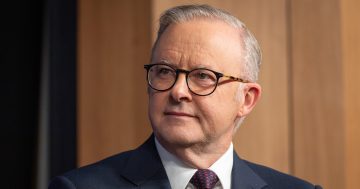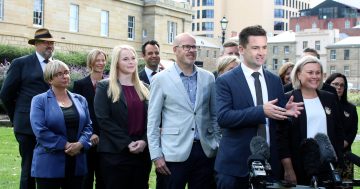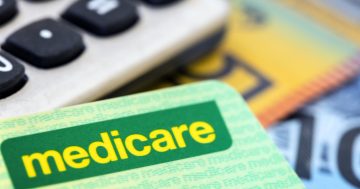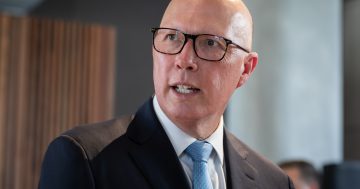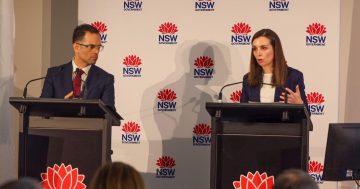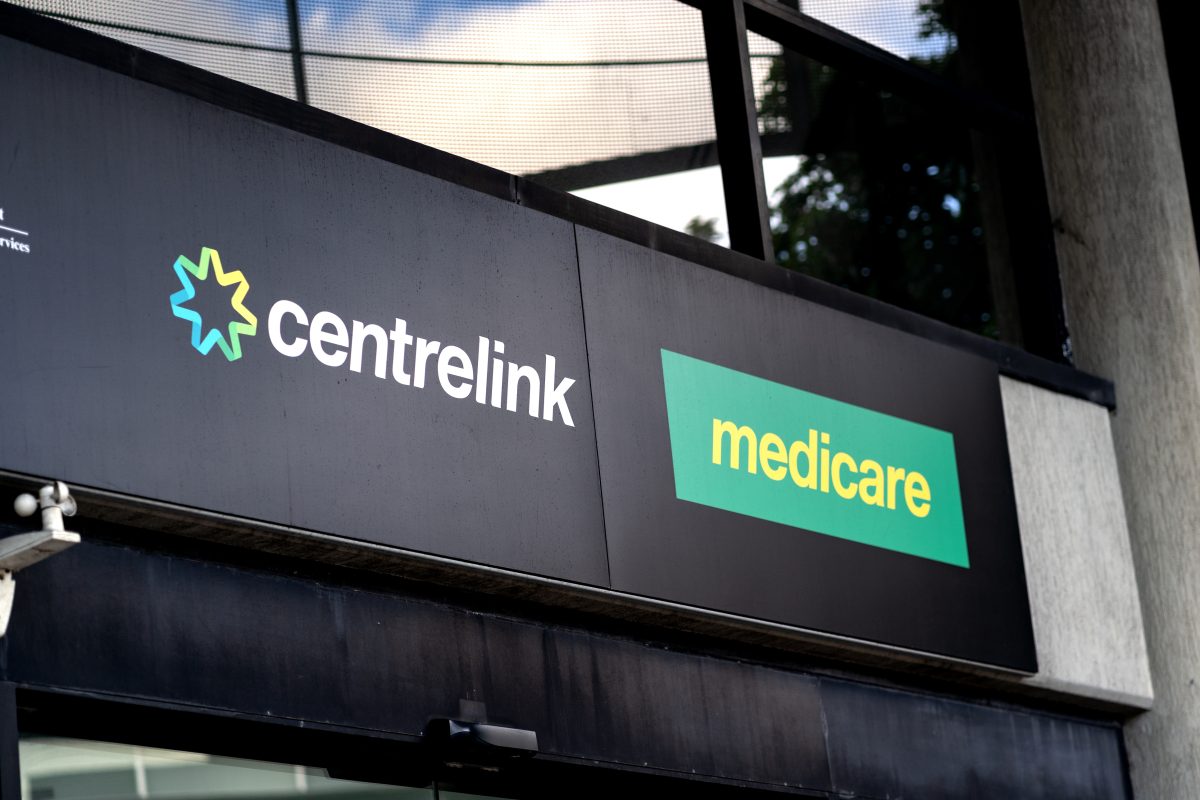
The tripling of bulk billing incentives has led to higher bulk billing rates in the ACT. Photo: Julia Gomina.
The Federal Government is giving itself a big pat on the back for GP bulk billing rates rising in Canberra.
Across the ACT, bulk billing has risen by 1.9 percentage points in the first two months since the government tripled the bulk billing incentive.
The budget initiative was part of the government’s $6.1 billion Medicare reform package, amounting to the largest investment in bulk billing in Medicare’s 40-year history.
Before the measure was introduced, October returned a bulk billing rate of 51.5 per cent of all GP visits in Canberra and the ACT.
The incentive was tripled after that, and December figures show the rate has increased to 53.4 per cent.
This means an estimated 2,800 additional GP visits were bulk billed in Canberra since the tripled incentive began on 1 November.
Now, federal government MPs are all over themselves, declaring that only they can be trusted to strengthen Medicare because Labor was the party that introduced it.
“Canberrans are finding it easier to see a bulk billing doctor and gap fees have begun to fall because of Labor’s efforts to strengthen Medicare,” Finance Minister and ACT Senator Katy Gallagher said.
“This is delivering significant cost of living relief for people in the ACT.”
The bulk billing incentive is paid to doctors on top of the standard Medicare benefit when they bulk bill children under 16, pensioners and other Commonwealth concession card holders.
Health Minister Mark Butler noted that doctors’ association groups had been calling the initiative a ‘game changer’.
“And clearly it is,” he said.
“The Albanese Government committed to making it easier for people to see a bulk billing doctor – and the first two months of data show that is exactly what is happening right around the country, including in the ACT.
“This is a win all ’round – for patients, doctors and the health system – and it is helping make Medicare stronger than it has ever been since Labor introduced it 40 years ago.”
The Royal Australian College of General Practitioners welcomed the measure when it was introduced in last year’s budget and when it came into effect in November.
The bulk billing incentive increases with the rurality of a practice.
The RACGP explained to its members that the incentive had increased to between $20.65 and $39.70 for most general attendance consultations, depending on location, for GPs who bulk bill vulnerable patients.
RACGP president Nicole Higgins welcomed the increases.
“The tripling of bulk billing incentives for standard consultations is a critical stopgap to slow the decline in bulk billing,” she said at the time.
“It is targeted relief that will help GPs bulk bill more patients who need it – children, pensioners and healthcare card holders.
“Bulk billing has declined significantly in recent years because Medicare rebates have been below inflation for years and are nowhere near the cost of care.
“GPs have been subsidising the full cost of care every time they bulk bill their patients.”
The average gap fee in the ACT has also fallen by $2.37, from $47.84 in October to $45.47 in December.
Nationally, the GP bulk billing rate has risen by 2.1 percentage points to 77.7 per cent.
However, shadow health minister Anne Ruston has been in the media of late saying Labor was actually making it harder and more expensive for Australians to access critical health care.
She said the cost of prescriptions was skyrocketing and the Federal Government was overseeing the “worst bulk billing rate in over a decade” after it was at an “all-time high of 88.8 per cent” under the Coalition.
“We know that over 1.2 million Australians have already avoided attending a GP over the last financial year due to cost concerns,” Senator Ruston said.
“But both the Minister and the Prime Minister are trying to mislead Australians on the affordability of health care.”
The GP bulk billing rates measure the proportion of all GP visits that involved no patient payment.
Original Article published by Chris Johnson on Riotact.




